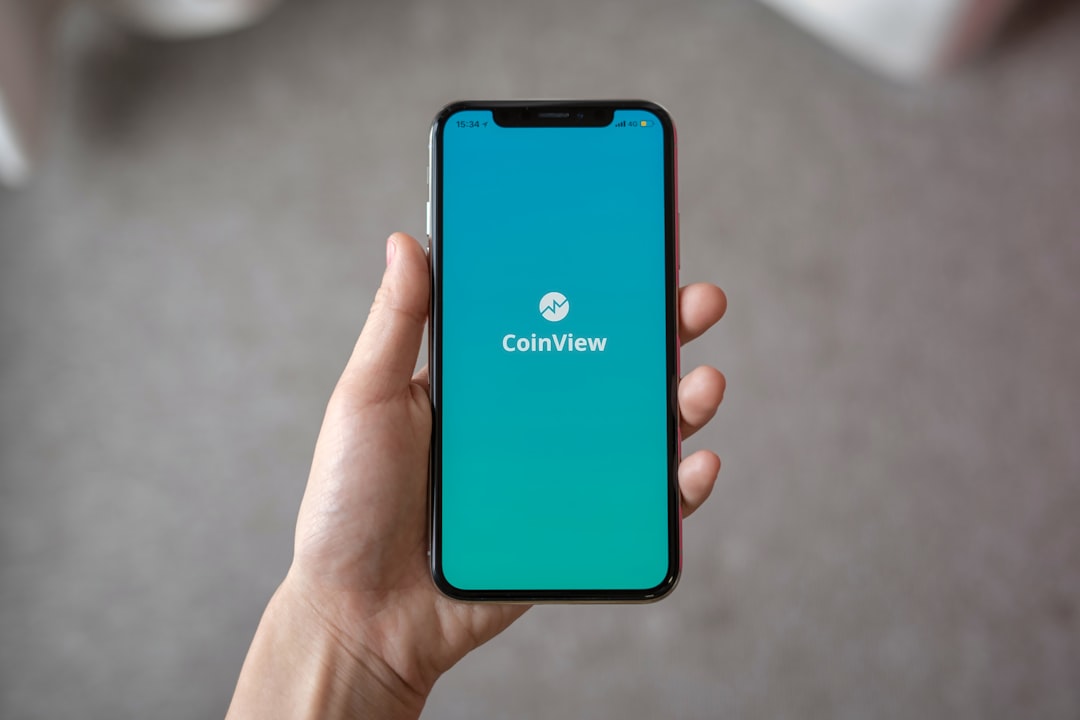North Carolina's Telephone Consumer Protection Act (TCPA) and state laws protect residents from harassing robocalls, balancing business marketing with consumer privacy. Top-rated apps like TrueCall and Hiya use AI and machine learning to identify and block automated calls. Residents are encouraged to use these apps, report suspicious calls, and stay informed about robocall laws to enhance privacy protection. Combining legal knowledge and tech solutions creates a robust barrier against intrusive automated calls in North Carolina.
In North Carolina, understanding and leveraging the state’s robust robocall laws is a powerful first step in reclaiming your phone line from relentless automated callers. This guide equips NC residents with the knowledge to identify and block common robocallers, along with an array of top-rated apps designed specifically for their needs. Discover effective strategies to stop unwanted calls once and for all.
Understanding Robocall Laws in North Carolina

In North Carolina, just like in many other states, robocalls are subject to specific legal regulations designed to protect residents from unwanted and fraudulent calls. The Telephone Consumer Protection Act (TCPA) is a federal law that provides guidelines for automatic telephone dialing systems and prerecorded messages. In NC, the state’s attorney general’s office plays a crucial role in enforcing these laws, ensuring that consumers are not harassed by automated robocalls.
North Carolina’s robocall laws aim to balance the rights of businesses to market their products or services with the privacy and peace of mind of residents. Violations can result in significant penalties for call centers and marketing companies. Understanding these laws is essential for both consumers seeking protection and businesses wanting to comply, ensuring a more harmonious and less disruptive communication environment.
Identifying and Blocking Common Robocallers

Robocalls have become a pervasive issue in North Carolina, much like elsewhere across the country. They often originate from call centers that use sophisticated technologies to blast out pre-recorded messages en masse, targeting both residential and commercial phone numbers. Identifying these common robocallers is a crucial first step in blocking them effectively.
Many apps designed to combat robocalls in NC leverage sophisticated algorithms and community-driven data. By analyzing patterns and known robocaller numbers, these applications can learn to recognize and block calls from identified sources. North Carolina residents are encouraged to use such apps, report suspicious calls, and familiarize themselves with the state’s robocall laws to better protect against these unwanted intrusions on their privacy.
Top-Rated Apps for NC Residents

In North Carolina, like many other states, residents face an increasing number of robocalls. However, several top-rated apps offer effective solutions to combat this nuisance. These applications leverage advanced technologies such as artificial intelligence and machine learning algorithms to identify and block automated phone calls, including those from telemarketers and scammers.
One standout app is TrueCall, which boasts millions of active users and a high success rate in filtering robocalls. Another popular choice is Hiya, recognized for its robust database of known spammer numbers and real-time call blocking capabilities. Both apps receive consistent positive reviews from North Carolina residents for their ease of use and reliability in enforcing the state’s robocall laws, ensuring a quieter and safer communication environment.
Effective Strategies to Stop Unwanted Calls

In the fight against robocalls, several effective strategies can help residents of North Carolina regain control of their phone lines. One powerful tool is staying informed about state laws pertaining to robocalls and unsolicited calls. North Carolina has specific regulations in place to protect consumers from these annoying intrusions. Familiarizing yourself with these laws empowers you to take proactive measures against robocallers.
Additionally, adopting robust anti-robocall measures on your device can significantly reduce the volume of unwanted calls. Utilizing approved apps and features designed to block or identify robocalls is a practical step. These applications often use advanced algorithms and community-driven reporting systems to stay ahead of malicious call centers. By combining knowledge of local robocall laws with these technological solutions, North Carolina residents can create a robust defense against intrusive automated calls.






